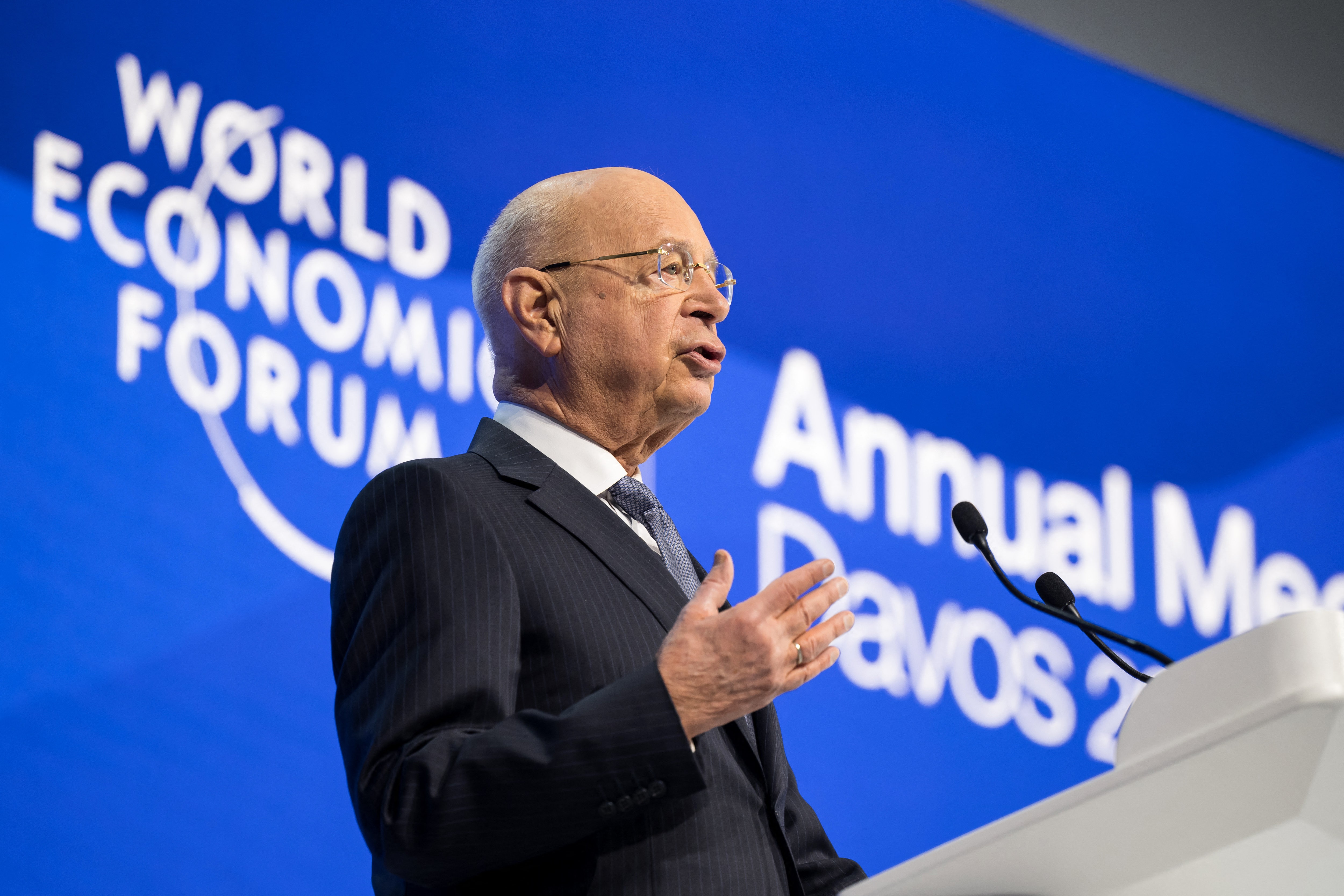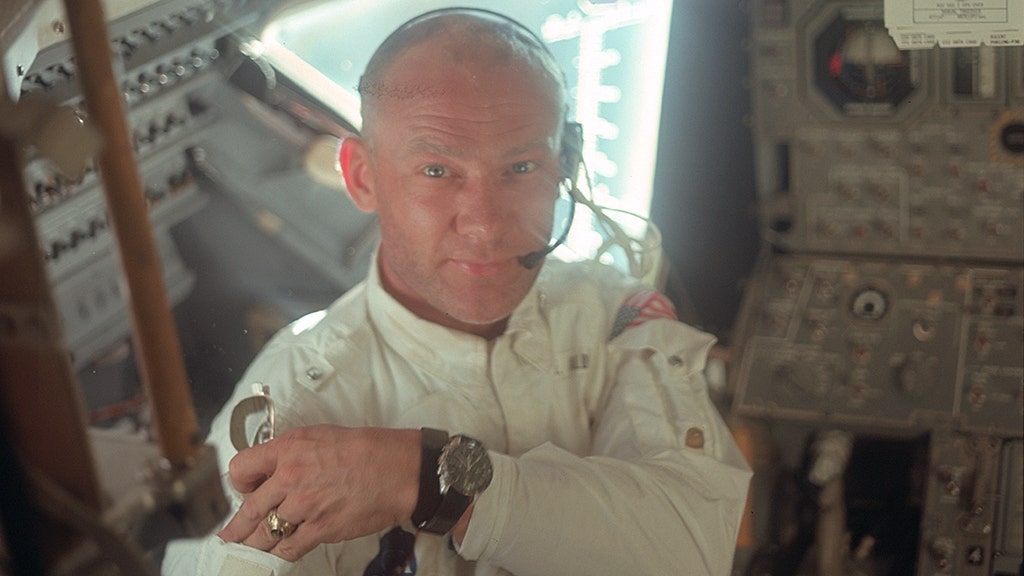There are many organizations in the world where business leaders and governments work closely together. But few are said to be as polarizing as the World Economic Forum and its founder, Klaus Schwab.
On the one hand, almost every January a few thousand leading business executives, politicians, journalists and others flock to the miniscule alpine village of Davos-Klosters, Switzerland, for WEF’s exclusive invitation-only annual meeting. TV, radio and print reporters fawn over the so-called good and the great.
The likes of Jamie Dimon, CEO of JPMorgan Chase, and Microsoft founder Bill Gates, were both there for the event that lasted from Jan. 15-19, and both were seen on TV. On the surface, things might seem benign. But scratch the surface, and you see something quite different.
“What is interesting when you look at how the WEF was started,” says Alan Mendoza, executive director of the Henry Jackson Society, a policy think tank in London, England. “It wasn’t random.”
The WEF didn’t respond immediately to Fox News Digital’s request for comment on the huge global wealth shift.
Mendoza wonders why WEF doesn’t fight back on its poor public image. “You have to ask, is there any sense that it continues with this negative image?” he says. “I am not sure it is a sensible place for anyone to want to be.”
Simon Constable writes for a variety of leading publications and is a fellow at the Johns Hopkins Institute for Applied Economics, Global Health and the Study of Business Enterprise.


